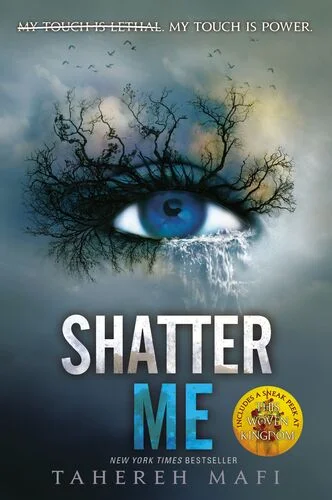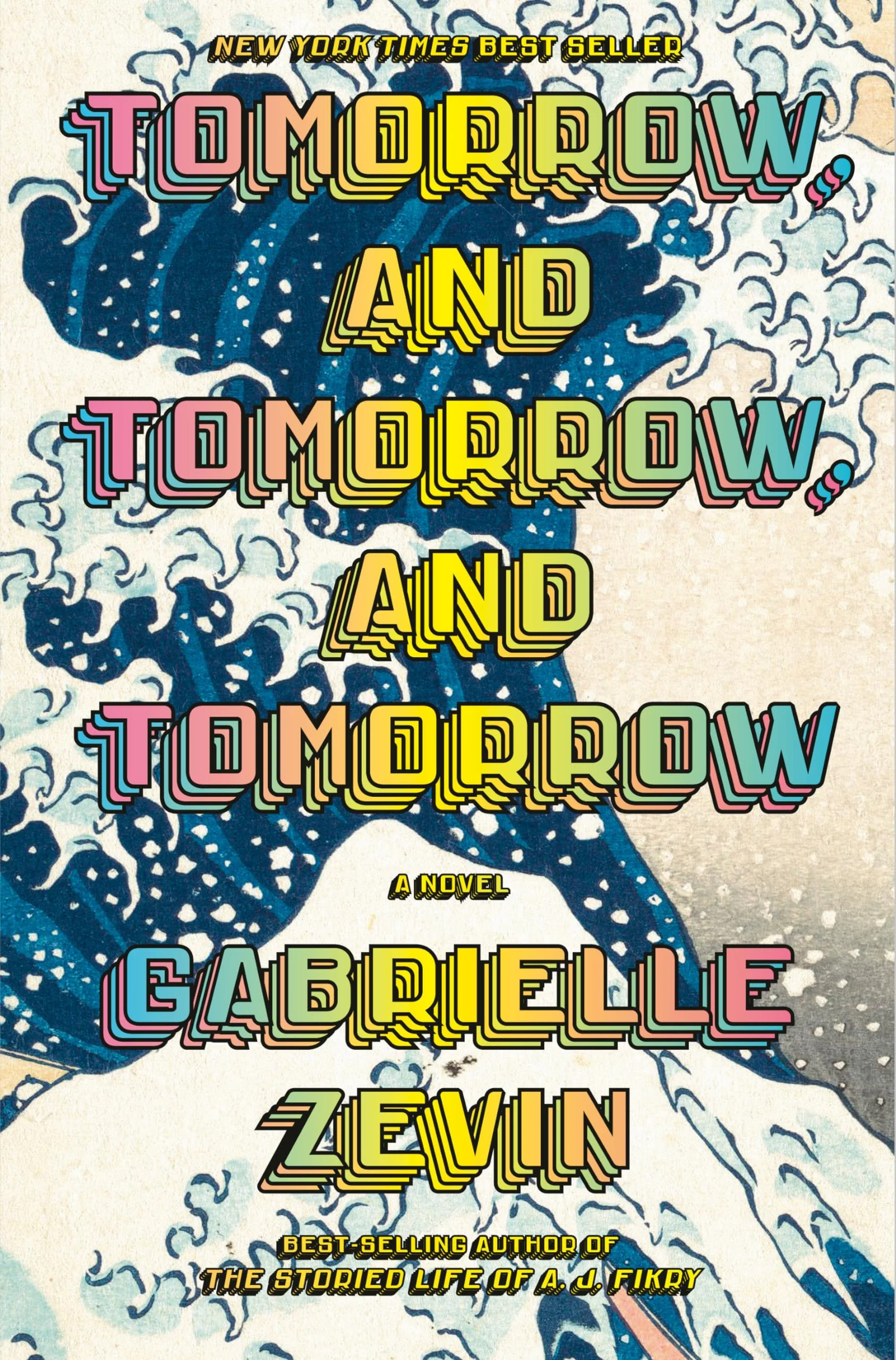When Shatter Me was first released in 2011, Tahereh Mafi’s debut novel quickly drew attention—not just for its dystopian premise, but for its polarizing prose. Written in a lyrical, fragmented, and often experimental style, the book sparked passionate reactions.
Some hailed Mafi’s voice as innovative and emotionally raw; others critiqued the narrative for privileging aesthetic flair over narrative depth. More than a decade later, Shatter Me still invites the question: is it a case of style over substance, or does it represent a bold evolution in young adult literary voice?
The answer lies not in a binary, but in the way Shatter Me marries form and character. Mafi’s prose is not simply decorative—it’s an extension of her protagonist’s fractured psyche. The novel’s stylistic choices serve a deliberate function, turning Juliette’s voice into both a narrative and emotional landscape. Whether readers embrace or resist that voice depends largely on their tolerance for stylistic risk and their expectations of genre storytelling.
The Power—and Polarization—of Mafi’s Prose
One cannot discuss Shatter Me without addressing its most distinctive feature: the prose. Mafi employs strikethroughs, stream-of-consciousness, repetition, and poetic metaphors that often verge on surreal. A sentence like “I am a collection of oddities, a circus of neurons and electrons” typifies her approach—introspective, vivid, and emotionally heightened.
This style is immediately immersive or off-putting, depending on the reader. Critics of the book argue that the metaphors are excessive or melodramatic. Supporters, on the other hand, view the prose as an authentic reflection of Juliette’s mental state—isolated, unstable, and on the verge of collapse.
Seen through this lens, Mafi’s stylistic choices are not superficial flourishes. They are psychological indicators. Juliette is a girl who has been imprisoned, isolated, and feared because of her deadly touch. Her internal monologue is not supposed to be polished. It’s a raw unraveling of someone trying to make sense of herself in a world that has never offered her clarity.
A Stylistic Mirror of Trauma and Recovery
Juliette’s voice in Shatter Me evolves throughout the series, and this evolution is key to understanding the function of Mafi’s prose. In the first book, the strikethroughs and repetitions dominate, signaling Juliette’s fractured mental state and self-censorship. She often thinks one thing, crosses it out, and replaces it with something safer. This typographical device externalizes an internal conflict—she cannot trust her own voice.
As the series progresses and Juliette gains confidence, the stylistic elements begin to stabilize. The strikethroughs diminish, the metaphors become more grounded, and her thoughts more coherent. This gradual shift reflects her psychological healing, reinforcing that the early stylistic choices were not random, but narratively motivated.
Thus, the style becomes substance. Rather than using prose as ornament, Mafi makes it integral to character development. The format is less about literary experimentation and more about character immersion.
Genre Expectations and Literary Experimentation
Part of the controversy surrounding Shatter Me’s style may be rooted in genre expectations. Young adult dystopian fiction is often expected to prioritize plot, pacing, and world-building over linguistic experimentation. In a landscape dominated by fast-paced novels like The Hunger Games or Divergent, Mafi’s lyrical detours and emotional interiority stand out.
But rather than seeing this as a failure to meet genre norms, it may be more productive to view Shatter Me as a boundary-stretching work. Mafi invites her readers to experience dystopia not through sweeping political machinations, but through the interior world of a girl with a weaponized body and a silenced voice.
In this way, Shatter Me doesn’t abandon the conventions of dystopia—it reframes them. Power, fear, rebellion, and identity are all present, but filtered through a protagonist who cannot yet articulate her place in the world. The result is a story that delays grand action in favor of emotional authenticity. For some readers, this is refreshing. For others, it may feel slow or opaque.
Emotional Intensity as Narrative Engine
One of Mafi’s most consistent strengths is her ability to evoke intense emotion. Juliette’s fear, longing, guilt, and desire are all rendered with palpable force. The metaphors, while sometimes extravagant, are rarely empty. They communicate the desperation of someone who has been dehumanized and is slowly rediscovering her capacity to feel.
Romantic tension is a significant driver of this emotional intensity. The relationship between Juliette and Adam (and later, the more complex dynamic with Warner) is infused with psychological nuance. While the early books focus heavily on romance, they also explore the relationship between vulnerability and power.
Mafi’s prose amplifies these themes. The language of desire is intertwined with fear. The urge to connect is constantly at odds with Juliette’s fear of hurting others. This duality—longing and danger—echoes throughout the novel’s style, making it difficult to separate what Juliette feels from how the novel makes us feel.
World-Building Through Perspective, Not Exposition
Critics of Shatter Me have sometimes noted that the world-building in the first book is minimal. The dystopian regime, known as The Reestablishment, is mentioned but not fully explored. The history and mechanics of this society are only gradually revealed in later installments.
However, this apparent narrative deficiency may actually be a calculated choice. Juliette’s perspective is limited, both literally and emotionally. She has been locked away, shielded from the world, and manipulated by those in power. Her understanding of her surroundings is shaped by fear and confusion.
By filtering the world through Juliette’s eyes, Mafi reinforces the themes of isolation and disorientation. Rather than frontloading political context, she lets the world open up as Juliette herself begins to engage with it. This technique aligns with the emotional arc of the novel and keeps the reader aligned with the protagonist’s evolving awareness.
Style as Identity: A Risk That Pays Off
In a publishing market often dominated by homogeneity, Mafi’s bold stylistic choices are a reminder that voice matters. Shatter Me may divide readers, but it also defines itself through its willingness to take risks. For young adult literature—a genre often tasked with reflecting adolescence’s emotional extremes—this risk feels appropriate.
The success of the Shatter Me series, which has expanded beyond a trilogy into a longer saga, suggests that readers are not only willing to embrace stylistic experimentation, but hungry for voices that challenge traditional narrative forms. Mafi’s later works continue to explore identity, power, and language in ways that confirm her commitment to marrying style with substance.
Not Just a Pretty Sentence
To ask whether Shatter Me is “style over substance” may ultimately be the wrong question. Style, in Mafi’s hands, becomes substance. The fragmented, poetic prose isn’t a mask hiding a weak plot—it’s the vehicle by which Juliette’s emotional reality is made vivid and urgent.
Tahereh Mafi’s Shatter Me stands as a testament to the power of literary voice in young adult fiction. It challenges genre norms, invites emotional vulnerability, and gives readers a stylistic landscape as fractured, beautiful, and complex as the protagonist herself.
Whether or not the style suits every reader, its impact is undeniable—and in a world of interchangeable narratives, that alone is a mark of success.


